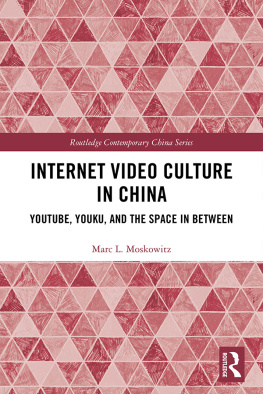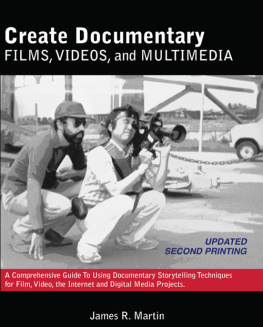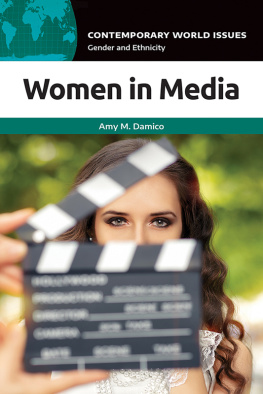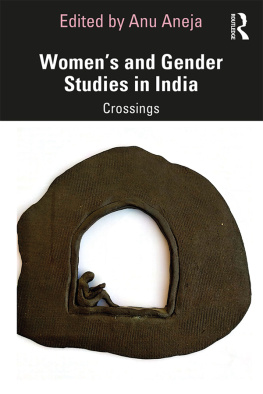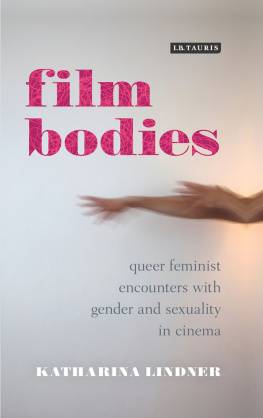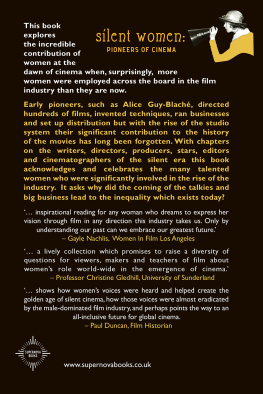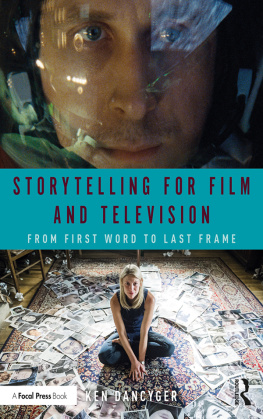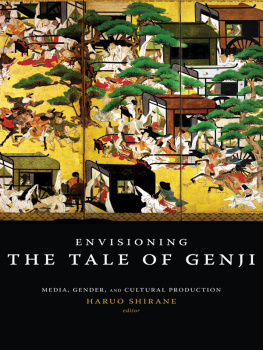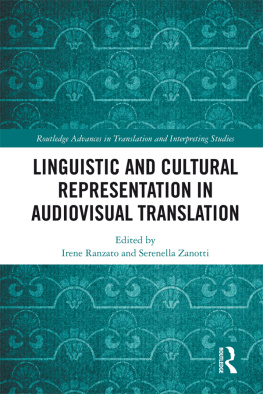
Gender in Film and Video
Gender in Film and Video tracks changes in gender on screen by documenting trends of the internet age. This jargon-free book focuses on six instances of media in transition and their histories, including the rise of feminism on television, in sports events, and in comedy-drama series; the growth of DIY production by underrepresented groups through crowdfunding and YouTube channels; and struggles between fans and producers over control of casting and storytelling. This volume focuses on the breakdown of the categories (content, production, reception) that top-down production/distribution in TV and cinema tended to keep distinct. This text is for students in sociology, media studies, and womens and gender studies.
Neal King is Professor of Sociology at Virginia Tech. He has written two books on cinema: Heroes in Hard Times (Temple University Press 1999), which focuses on masculinity and intersecting relations of inequality, and The Passion of the Christ (Palgrave Macmillan 2011). He has also co-edited a volume on violent women in global cinema titled Reel Knockouts (University of Texas Press 2001). His research in inequality and popular media also appears in several anthologies as well as the New Review of Film and Television Studies, the Journal of Film & Video, Postmodern Culture, and Gender & Society.
Rayanne Streeter is a PhD student in Sociology at Virginia Tech. Her work has been featured in the Womens Sport and Physical Activity Journal and the Oxford Research Encyclopedia of Crime, Media, and Popular Culture. Her current research examines how body-positive media sites reconstruct health and womanhood.
Jessica Herling is a PhD student in Sociology at Virginia Tech. Her current research focuses on medical education about transgender health and sex/gender and representations of cellular aging in popular media.
Talitha Rose is a PhD student in Sociology at Virginia Tech. She has contributed to the Oxford Research Encyclopedia of Crime, Media, and Popular Culture. She researches womens production of diverse media, from feature filmmaking and online peer-to-peer communication, to craftivism.
Gender in Film and Video
Neal King, Rayanne Streeter, Jessica Herling, and Talitha Rose
First published 2019
by Routledge
711 Third Avenue, New York, NY 10017
and by Routledge
2 Park Square, Milton Park, Abingdon, Oxon, OX14 4RN
Routledge is an imprint of the Taylor & Francis Group, an informa business
2019 Taylor & Francis
The right of Neal King, Rayanne Streeter, Jessica Herling, and Talitha Rose to be identified as authors of this work has been asserted by them in accordance with sections 77 and 78 of the Copyright, Designs and Patents Act 1988.
All rights reserved. No part of this book may be reprinted or reproduced or utilised in any form or by any electronic, mechanical, or other means, now known or hereafter invented, including photocopying and recording, or in any information storage or retrieval system, without permission in writing from the publishers.
Trademark notice: Product or corporate names may be trademarks or registered trademarks, and are used only for identification and explanation without intent to infringe.
Library of Congress Cataloging-in-Publication Data
A catalog record for this book has been requested
ISBN: 978-1-138-20623-6 (hbk)
ISBN: 978-1-138-20624-3 (pbk)
ISBN: 978-1-315-46549-4 (ebk)
Typeset in Adobe Caslon and Copperplate
by Apex CoVantage, LLC
In the summer of 2017, Wonder Woman topped the global box office, surpassed hopes for its success, inspired women-only screenings in a theater chain, and pushed Patty Jenkins to the top ranks of American directors. Audiences enjoyed the film, the studio was relieved to see an entry in its franchise land with such a splash, and critics lauded the advancement that it portended for women in Hollywood. A month later, Girls Trip became the most successful adult comedy of the year in the U.S., drawing a cross-racial audience with its cast of black women who take the leads rather than the background roles they play in such fare as Wonder Woman. In October the same year, Hollywood exploded in pent-up recrimination as women across the industry broke a century of silence on sexual harassment and its perpetrators. The complaints came in numbers sufficient to unseat producers, directors, agents, and studio executives. We see in these three events examples of trends in the production of popular film and video, from which we can learn how race, gender, and other inequities work, and how industry dynamics shape their appearances on screen.
Consider the constraints under which women find Jenkins kind of success. Her current, happy situation looks a lot like that of a white female forebear from a century ago. In 1917, Universal Pictures signed a distribution deal with the cinema writer/director Lois Weber, then one of the most powerful artists in Hollywood. (Her pro-birth-control movie Where Are My Children? was Universals biggest hit of 1916.) A suffragette as well as hitmaker, Weber set up her own production company to make her movies independent of studio control, and submit finished products to them for distribution. Several decades later, Jenkins likewise made feminist movies her way, finding success in 2003 with her independently-produced Monster. That film starred feminist actress Charlize Theron as a sex worker driven to violence by men who prey upon such women. Jenkins drew offers of more movie projects from that success, and followed Weber in trying to make them outside of the control of the corporations that own major studios. Both women sought independence.
Both women failed. Weber lost her small production company when distributor Paramount grew unhappy with her film about mens mistreatment of women, What Do Men Want? By the early 1920s, major studios that owned theaters and could distribute movies widely were moving in the direction of factory-style control over production. They wanted less to do with mavericks like Weber and her sexually provocative moralizing about the place of women in our society, and began to push women into narrow niches as editors and script girls. The men who owned those studios took over the movie-making business, and used their control over cinema chains to squeeze women out of the ranks of producers, writers, and directors. Weber directed a few more small pictures, but never had another hit, and fell out of the ranks of power players in those Hollywood studios (Stamp 2015). Women have directed few studio films since, and have found that they can achieve little success outside of that closed system.
Jenkins likewise saw her post-Monster indie films collapse for want of funding, and also withdrew to more minor projects. She speaks of having tried to make a version of Wonder Woman on her own, and also of having turned down an initial opportunity to help develop Wonder Woman for major studio Warner Bros. She continued to write her own scripts, but found no takers and worked in television instead. She tried to split the difference between doing it her way and working for a male-run studio when she signed on to direct another superhero-franchise sequel,


